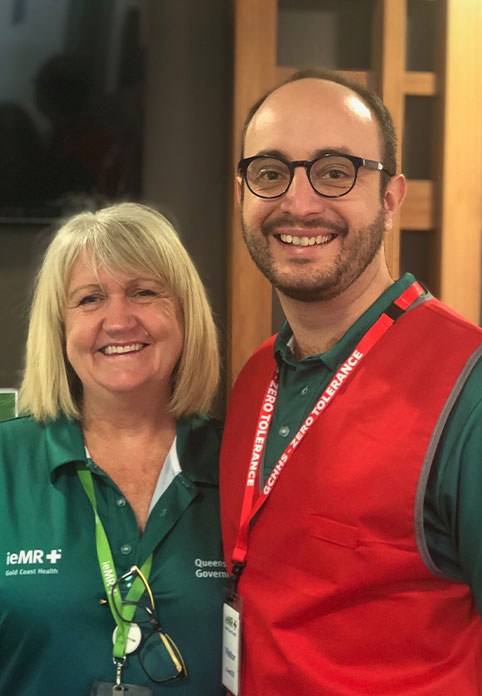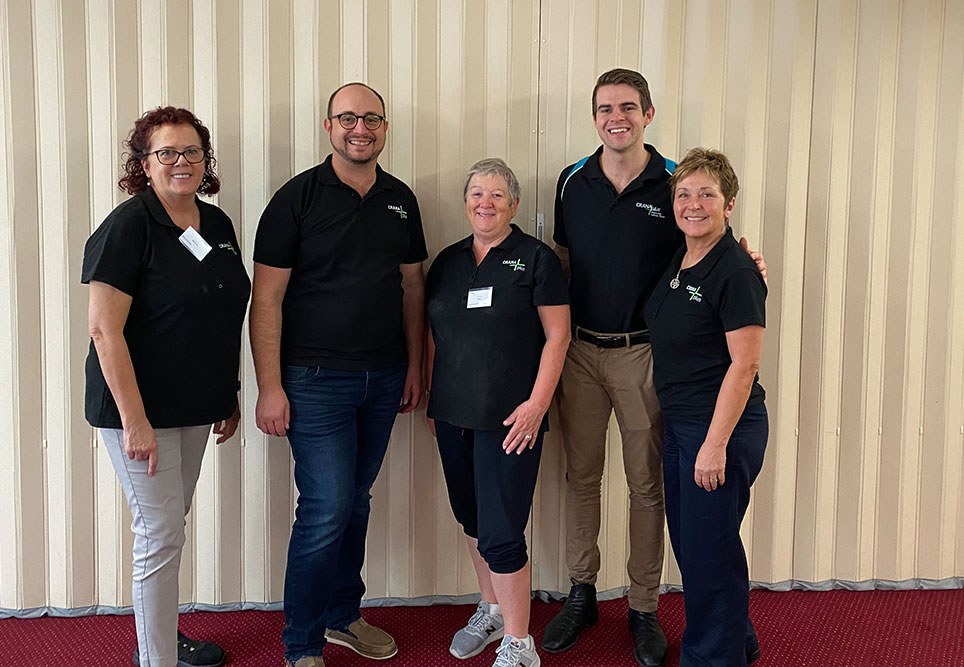This site may not work properly using older versions of Edge and Internet Explorer. You should upgrade your browser to the latest Chrome, Firefox, Edge, Safari, or any other modern browser of your choice. Click here for more information.
Your Stories
This is where we tell your stories, cover topical issues and promote meaningful initiatives.
CRANAcast taster: CRANAcast with Keppel Schafer
In episode 18 of CRANAcast, Keppel Schafer RN, RM and Queensland “country boy at heart” shares his top drawcards of working in remote health, along with stories from his last 12 years volunteering as a CRANAplus course facilitator for Maternity Emergency Care and Midwifery Upskilling courses.
Helicopter retrievals in locations without runways,
and other remote drawcards
Keppel: I can remember back to when I was working in Jabiru, this was before there was a rescue helicopter service in the Northern Territory. If somebody fell over in the bottom of Jim Jim Falls or Butterfly Gorge or somewhere amazing in Kakadu, the clinic would co-opt one of those Robinson tourist helicopters.
The nurses would fly off and go and pick the person up, and bring them back to the clinic for treatment while we arranged a fixed-wing back to Darwin. That type of experience is not something you get in a big city hospital.
Then, you would come together in the evening and you would drive, after you had closed the clinic for the day, to Ubirr Rock and watch the sunset over East Arnhem Land having walked past these amazing, thousands and thousands of year-old pieces of art on the rock faces as you climb up – quite incredible experiences that you just don’t find in a city hospital where you’re stuck in the commute driving to your shift, then you do your shift, and you’re stuck in the commute going home again, perhaps.
And that closeness of the clinic staff as well… I’ve heard over many years of facilitating with CRANAplus some of the most incredible stories around very small teams of people doing very excellent clinical care to keep somebody alive until they get transferred to more definitive care, which is absolutely remarkable.
I have the utmost respect for clinicians that spend their careers…working in these environments.
Crossing the divide to become an educator
Keppel: My contribution to remote healthcare has been with CRANAplus, volunteer facilitating on their Maternity Emergency Care and Midwifery Upskilling courses, and I’ve been doing that now for over 12 years.
Some years are pretty busy, with eight or nine courses a year. The last few Covid years have been a bit quieter.
So while I don’t have the capacity at the moment to work in a rural and remote area, I maintain my engagement and the small part that I can play is by bringing quality education to the rural and remote health workforce around maternity care.
The Maternity Emergency Care course is predominately for nurses and health workers, and doctors that haven’t done obstetrics. For first-timers, it’s an introduction to the world of the dark arts of maternity care.
So, we really go from the context of maternity care in rural and remote settings, which is significantly challenging at times, to some of the maternal morbidity stuff to really set some context. Then we go from antenatal right through to postnatal.
Many of our rural and remote nurses and midwives play a significant role in good antenatal and postnatal care particularly if their communities don’t offer birthing.
We have a variety of maternity emergency skill stations and education around those emergent situations so that they have got a bit of a back-pocket of skills if they were to have a woman birth in their remote location.
The Midwifery Upskilling course is for midwives and often we have GPs that have done their obstetrics diploma that work out bush they might come along as well. It really is that knowledge refresher, as we know, healthcare moves in leaps and bounds.
The other bonus with Midwifery Upskilling is that it is often one of the rare opportunities that midwives that work in quite isolated locations have to come together as a collegial group.
To listen to the full episode, or hear from other guests, head over to CRANAcast.


